DECLARE @t Table(Name Varchar(30),[Year] Int, [Month] Int,Value Int)
Insert Into @t Values('JERRY' , 2012, 9, 100 )
Insert Into @t Values('JERRY', 2012, 9 , 120)
Insert Into @t Values('JERRY' , 2012, 9 , 130)
Insert Into @t Values('JERRY', 2012 , 8 , 20)
Insert Into @t Values('JERRY', 2011, 12 , 50)
Declare @LatestYr Int
Declare @LatestMonth Int
Select @LatestYr= Max([Year])From @t
Select @LatestMonth = Max([Month]) From @t Where [Year] = @LatestYr
Select * From @t
Where ([Year] = @LatestYr And [Month] = @LatestMonth)
Result

The above query will work just for a single user. And will fail for multiple users, or in case of ties. For example, consider the below scenario

In this case, the needed output will be

So for handling such a situation, I am proposing the below solutions
Solution 1
Select t.*
From @t t
Join
(
Select x.Name,x.Max_Year,y.Max_Month
From
( SELECT Name,Max_Year = Max([Year])
From @t
Group By Name
)x
Join
( SELECT Name,[Year],Max_Month= Max([Month])
From @t
Group By Name,[Year]
)y On x.Name = y.Name And x.Max_Year = y.[Year]
)x
On t.Name = x.Name
And t.[Year] = x.Max_Year
And t.[Month] = x.Max_Month
OR
Solution 2 (Sql Server 2005+)
Select Name,[Year],[Month],Value
From
(
Select *,Rn = Rank() Over(Partition By Name Order By [Year] desc, [Month] Desc)
From @t
)X Where X.Rn =1
Solution 3 (Sql Server 2005+)
Select Name,[Year],[Month],Value
From
(
Select *,Rn = Dense_Rank() Over(Partition By Name Order By [Year] desc, [Month] Desc)
From @t
)X Where X.Rn =1
The ddl is as under
DECLARE @t Table(Name Varchar(30),[Year] Int, [Month] Int,Value Int)
Insert Into @t Values('JERRY' , 2012, 9, 100 )
Insert Into @t Values('JERRY', 2012, 9 , 120)
Insert Into @t Values('JERRY' , 2012, 9 , 130)
Insert Into @t Values('JERRY', 2012 , 8 , 20)
Insert Into @t Values('JERRY', 2011, 12 , 50)
Insert Into @t Values('FERRY' , 2010, 9, 100 )
Insert Into @t Values('FERRY', 2010, 9 , 120)
Insert Into @t Values('FERRY', 2010, 8 , 120)
Insert Into @t Values('JERRY1' , 2012, 9, 100 )
Insert Into @t Values('JERRY1', 2012, 9 , 120)
Insert Into @t Values('JERRY1' , 2012, 9 , 130)
Insert Into @t Values('JERRY1', 2012 , 8 , 20)
Insert Into @t Values('JERRY1', 2011, 12 , 50)
Hope this may help. Thanks


